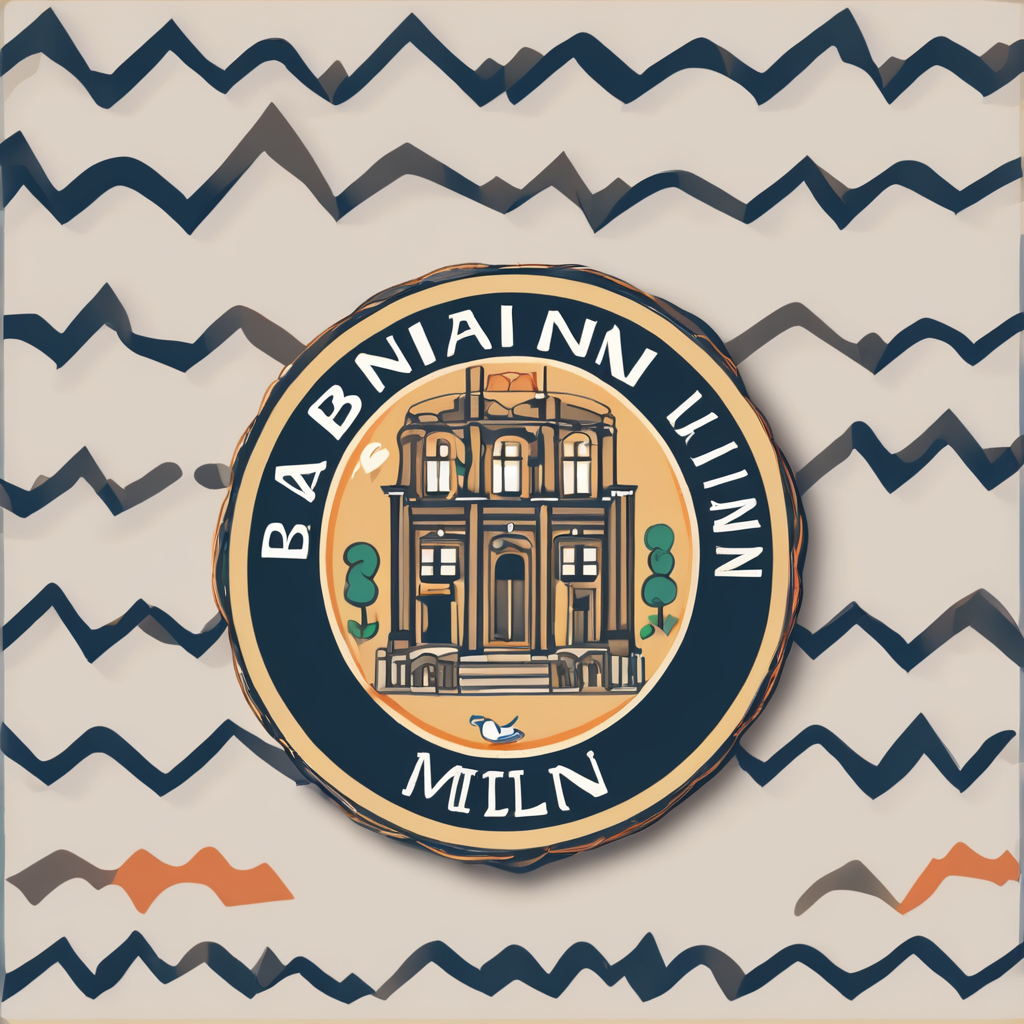Curating Your Lake District Culinary Journey
Planning a culinary itinerary in the Lake District involves thoughtful integration of food experiences with travel logistics. Begin by identifying key Lake District food experiences that appeal to your palate, such as visits to traditional pubs, artisan markets, and acclaimed restaurants. Prioritizing regional cuisine allows you to truly immerse yourself in local culture while enjoying authentic flavors.
When structuring your itinerary, consider timing carefully. Some markets and eateries open only during specific hours or days, so align your schedule to maximize access. Transportation between towns can be limited; renting a car often proves beneficial for reaching remote culinary spots. Plan rest stops around these destinations to enjoy signature dishes without rush.
Also to discover : Uncover bristol’s secret artisan markets: the ultimate guide to one-of-a-kind handcrafted gems!
Additionally, take note of local traditions that influence dining times and availability of dishes. For example, seasonal produce or festival-related specialties may offer unique tasting opportunities. Incorporate visits to farms or food producers to enrich your journey with firsthand knowledge of ingredient provenance.
In rounding out your planning tips, ensure reservations are made in advance for popular venues. This proactive approach ensures your culinary adventure in the Lake District is both seamless and deliciously rewarding.
Also to see : Unforgettable golf holidays in the stunning alps
Traditional Flavours of the Lake District
The Lake District’s traditional dishes embody the region’s rich culinary heritage, reflecting a deep connection to local resources and centuries-old recipes. Among the most celebrated regional specialties is Herdwick lamb, a tender meat prized for its distinct flavor, raised exclusively in the Lake District’s rugged fells. This iconic ingredient illustrates how local farming traditions shape the area’s cuisine.
Another classic is Grasmere gingerbread, a unique treat combining gingerbread with honey, developed in the 19th century and still made in Grasmere village. This sweet reflects both the local palate and historical influences on Lake District baking. Cumberland sausage, with its spiced and coiled shape, further highlights the region’s penchant for robust, flavorful foods rooted in rural tradition.
Understanding these authentic foods is key to appreciating how the Lake District’s local culture permeates its culinary identity. Many recipes have been preserved through generations, often served in traditional pubs and family-run establishments. Sampling these dishes during your culinary itinerary offers a direct taste of the Lake District’s heritage, connecting you not only to the food but to its historical and cultural fabric.
Curating Your Lake District Culinary Journey
Embarking on a Lake District food adventure begins with careful planning tips tailored to maximize your culinary experience. Start by deciding which lake district food experiences resonate most with your tastes—whether that’s sampling rustic fare at local pubs, exploring vibrant farmers markets, or dining at acclaimed restaurants specializing in regional cuisine.
Scheduling plays a pivotal role in shaping your culinary itinerary. Many markets and eateries operate on limited or seasonal hours, so aligning your visit times is essential to avoid missed opportunities. For instance, some artisan markets run only on weekends, while certain restaurants close mid-afternoon. Incorporating these timing considerations ensures you enjoy each stop at a relaxed pace.
Transportation within the Lake District often challenges travelers. Renting a car is usually the easiest solution to reach remote spots famous for their food offerings. This flexibility supports an itinerary that balances must-visit venues with spontaneous discoveries. Moreover, be mindful of local dining customs; regional meal times may differ, and seasonal festivals can offer exclusive dishes unavailable otherwise, enriching your journey through authentic lake district food experiences.
Curating Your Lake District Culinary Journey
Crafting an effective culinary itinerary hinges on blending diverse Lake District food experiences with practical planning tips. Start by mapping out a balanced route that includes visits to both renowned eateries and hidden gems. This approach enriches your journey by exposing you to the full spectrum of the region’s regional cuisine.
Timing is critical. Many local pubs and markets operate during specific hours and days, a detail that can impact your access to key dishes and products. For example, certain farmers markets appear only on weekends, while some restaurants close between lunch and dinner services. Align your itinerary to these rhythms to experience the freshest offerings without long waits or closures.
Transportation deserves early consideration. The Lake District’s rural nature often means limited public transit options. Renting a car remains the most flexible choice, allowing you to reach remote farms or secluded taverns showcasing unique Lake District food experiences.
Finally, immerse yourself in local traditions by researching seasonal specialties. Festivals and harvest seasons introduce exclusive dishes tied to the locale’s culture. Integrating these events into your culinary itinerary ensures a richer, more authentic adventure.
Curating Your Lake District Culinary Journey
Planning a memorable culinary itinerary in the Lake District starts with pinpointing key lake district food experiences that match your interests. Prioritize combining visits to renowned eateries, local pubs, and vibrant farmers markets to capture the full range of regional cuisine. Integrate these experiences logically to optimize your travel route and timing.
When arranging your schedule, pay close attention to operating hours and days, as many markets and restaurants open seasonally or on limited days. For instance, some artisan food markets operate only on weekends, while certain pubs close between lunch and dinner services. Aligning your itinerary with these schedules ensures access to the freshest and most authentic offerings.
Transportation must also be factored into your planning tips. Public transit can be sparse, so renting a car offers the flexibility needed to reach remote venues and hidden culinary gems. Allow extra time for travel between rural locations to maintain a relaxed pace.
Finally, immerse yourself in local dining traditions and seasons. Seasonal specialties and festival-driven dishes enrich lake district food experiences by connecting you with local culture and time-honored culinary practices. This thoughtful planning approach guarantees a well-rounded and satisfying culinary journey.
Curating Your Lake District Culinary Journey
Crafting an exceptional culinary itinerary starts by carefully selecting a variety of Lake District food experiences that showcase the richness of regional cuisine. Integrate visits to diverse venues such as artisan markets, local pubs, and farm-to-table restaurants. Each offers something unique—from market-fresh produce to authentic, hearty dishes—providing a well-rounded exploration of local flavors.
When planning your schedule, timing is crucial. Many markets and eateries operate on limited days or hours, so consult their calendars to avoid missed opportunities. For example, several farmers markets appear only on weekends, while some traditional pubs close between lunch and dinner. Synchronizing your itinerary with these hours ensures maximum exposure to signature dishes.
Transportation is a key factor in your journey. The rural nature of the Lake District means public transit can be sparse, making car rental the most practical choice. This flexibility allows access to remote food producers and hidden culinary gems, enriching your Lake District food experiences.
Local customs also influence meal times and availability. Seasonal festivals and harvest celebrations introduce special dishes that rarely appear year-round. Incorporate these events into your plans using precise planning tips to deepen your connection with regional traditions.





